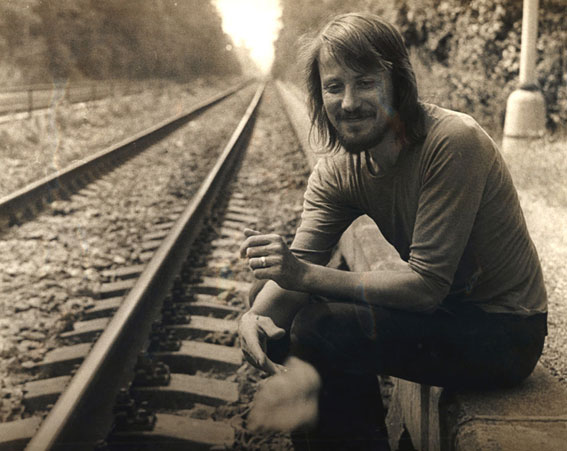Apologies about the delay - real life intervened.

-----
While the Czech Republic went through with democratisation and moderate market reform, Slovakia followed a rather different path immediately after the Velvet Divorce. Its politics were dominated by the populist Movement for a Democratic Slovakia (HZDS) and its charismatic strongman leader, Vladimír Mečiar, who was the leading force behind the breakup of Czechoslovakia. Mečiar and his coalition partners, the far-right Slovak National Party (SNS), were sceptical of privatisation and rapprochement with the West and pursued aggressively nationalist policies targeting Slovakia's substantial Hungarian minority population. Mečiar also had a strong authoritarian streak which manifested itself in his attempts to pack the government and civil service with cronies and his tendency to bully the critical press and even the HZDS' own MPs, as shown in 1993 when Mečiar's strongarm tactics almost torpedoed his bid to install loyalist Roman Kovac as President of Slovakia. In response to these tendencies, a group of HZDS MPs led by former Foreign Minister Milan Knazko (who was forced out of the government because of what Mečiar perceived as his overly pro-Western policies) defected and formed the Alliance of Democrats of Slovakia (ADS), which positioned itself on the already crowded liberal right along with the Christian Democratic Movement (KDH) and the small Democratic Party (DS).
While Mečiar would soften his approach somewhat following the defection, it was already too late to save his government. A backlash grew among the population owing to the HZDS' poor management of the economy, and the coalition parties began sliding in the polls. The main beneficiary of this slide was the post-communist, social democratic Party of the Democratic Left, which had absorbed the small Social Democratic Party of Slovakia (notable mostly for briefly being led by Alexander Dubček) and became the Party of the Democratic Left - Social Democrats (SDL-SD), while voters who liked Mečiar's left-populism but were disappointed by the man himself found a substitute in the orthodox Marxist-Leninist Communist Party (KSS). Meanwhile, in response to Mečiar's nationalist, anti-Hungarian policies, three parties representing the Hungarian minority merged to form the Hungarian Coalition (MK), to provide a strong, unified Hungarian voice in the next parliament.
Despite several more defections from both the HZDS and the SNS (which lost its moderate wing to a splinter party), the coalition managed to make it to the end of the term. It became increasingly clear that the HZDS' main opponent in the 1996 election would be the SDL-SD, with both parties polling around 20%. On election day, the SDL-SD was tipped to win, but the HZDS managed to outperform the polls, once again becoming the largest party but losing almost half of its parliamentary representation. Nevertheless, with the SNS out of parliament, Mečiar had no possible coalition partners (as even he considered the Communists beyond the pale, and in any case such a coalition would still be well short of a majority), leaving the SDL-SD's young, intellectual and popular leader Peter Weiss to form a broad-based coalition government consisting of the SDL-SD, the KDH, the ADS and the DS. While the parties differed on specific policies, all four were determined to push forward with market reforms, pursue a pro-Western foreign policy and temper Mečiar's antagonistic approach to Slovakia's ethnic minorities.
However, the HZDS was down, but not quite out yet.
) of my readers, what you'd like to see first. Your choices are:

